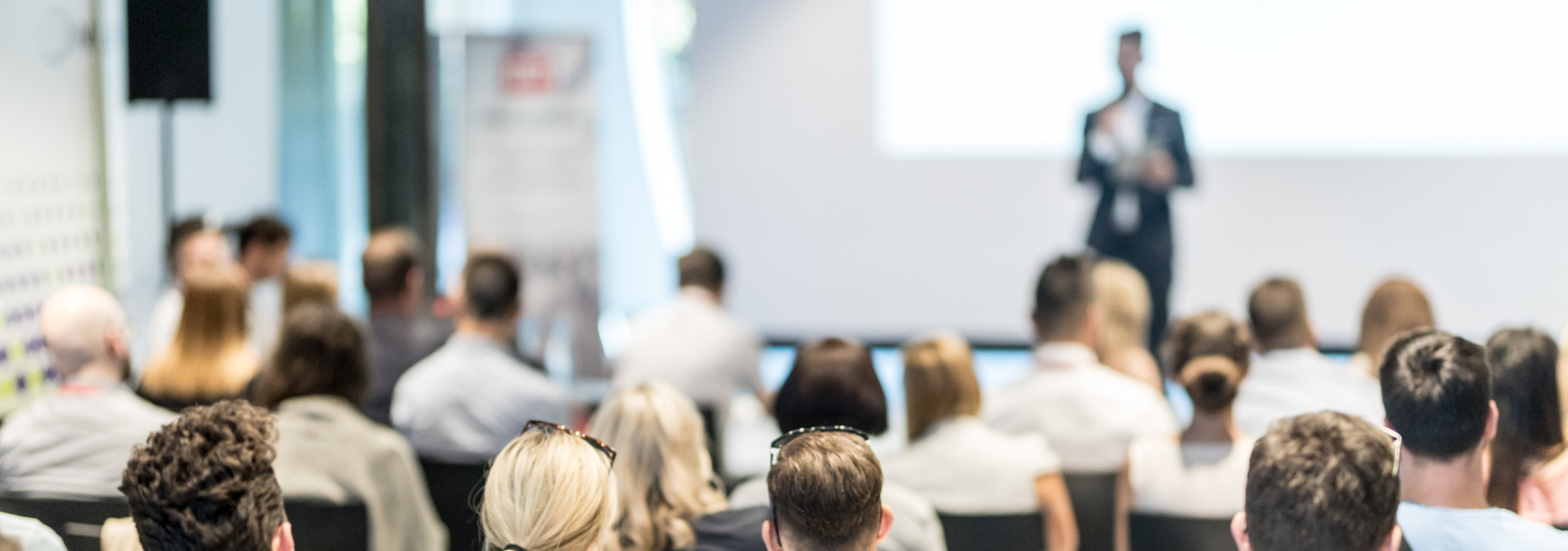
Lecture Series
The Sustainability Council’s Lecture Series explores local and global perspectives on sustainability, equity and climate action. Hear researchers and practitioners from the University of Alberta and beyond in fields ranging from engineering to ecology, public health to poetry, native studies to nanotechnology.
The Lecture Series is delivered to you on a monthly basis. We aim to highlight sustainability research, teaching and innovation over a range of topics with the goal of generating conversation on sustainability across disciplines.
Contact Us
Ishaan Sachdeva
Project Planner - SDG Engagement
isachde1@ualberta.ca
Winter 2025 Lectures
This form is restricted to respondents with a U of A email address. If you would like to register as a member of the general public, please contact us.
Empowering Voices: The Role of Youth in Climate Action and Justice
Date: Apr. 3, 2025, 12 – 1 p.m.
Location: South Academic Building 1-36
browse Past talks
Revisit thought-provoking talks and dive into a variety of topics shared by our experts.
Engage, Learn, Act
Stay connected—explore events and subscribe to our newsletter for updates!